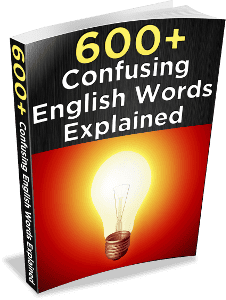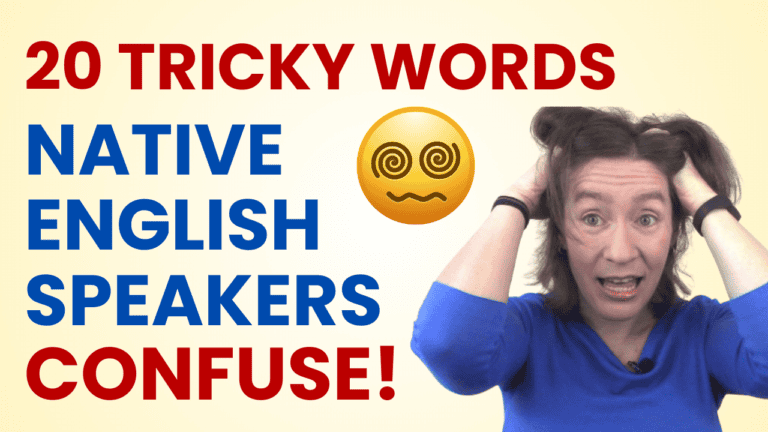Common English Error #1 – Agree
Don’t say: “I’m agree with you.”
Say: “I agree with you.”
We can say “I agree with you” or “I’m in agreement with you” (more formal).
We can also say “agree to” + verb, for the action resulting from the agreement:
- Michael agreed to help me with my homework after class.
- My neighbor and I agreed not to play loud music after 10 PM.
Common English Error #2 – Very much
Don’t say: “I like very much this book.”
Say: “I like this book very much.” (formal)
Or: “I like this book a lot.”
Or: “I really like this book.”
“Very much” is an adverb that describes “like.” In English, we usually put adverbs either before the verb or at the end of the sentence. Look at these examples:
- The new product reached easily 1 million sales.
- The new product reached 1 million sales easily.
- The new product easily reached 1 million sales.
Common English Error #3 – History or Story
Don’t say: “He told me a funny history about his dog.”
Say: “He told me a funny story about his dog.”
History refers to everything that has happened in the past, especially in the political, economical, and social areas. History is always based in truth and facts.
A story may be truth or fiction; it is the description of an event or series of events that is usually told to teach or entertain.
Common English Error #4 – Thinking
Don’t say: “I’m thinking to buy a car.”
Say: “I’m thinking of buying a car.”
Or: “I’m thinking about buying a car.”
Think is often followed by of or about, but never to. Also, the correct form of the verb is the -ing form.
Common English Error #5 – The
Don’t say: “In the Russia…”
Say: “In Russia…”
Never use “the” with names of countries, states, or cities.
Exceptions: the United States, the Philippines, the Soviet Union, the Roman Empire
You can use “the” with regions:
- I’m from the northeast.
- We’re going to the south of Argentina.
Learn about another common error: YOUR vs. YOU’RE










